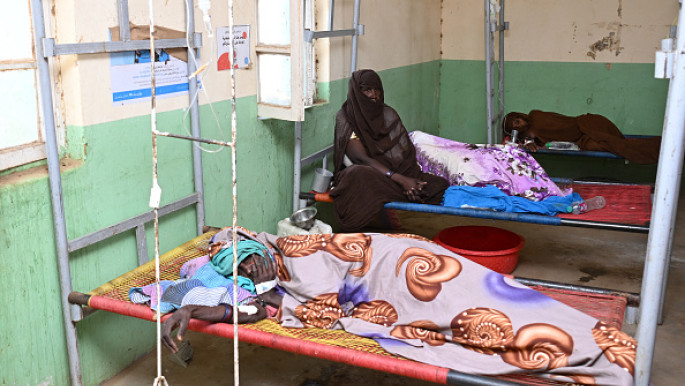At least two dozen people have died and more than 800 are being treated for a suspected waterborne infection in Sudan’s White Nile State, according to Médecins Sans Frontières (MSF).
The medical charity, which is supporting the cholera treatment centre at Kosti Teaching Hospital, said Friday patients are suffering from symptoms including acute watery diarrhoea, dehydration, vomiting, and sunken eyes.
MSF has been assisting cholera-related responses in Kosti and Rabak hospitals since October 2023. While case numbers had recently declined, with some days recording fewer than 20 patients, the situation escalated dramatically on Wednesday night when 100 patients arrived at the centre. By Friday afternoon, admissions had surged to over 800.
In a press release, MSF confirmed that at least 24 people had died at the centre, including one patient who passed away on arrival. So far, 48 patients have been discharged, but the number of cases continues to rise, making it difficult for medical teams to maintain an accurate count.
The influx of patients has overwhelmed the cholera treatment centre, forcing staff to use the hospital’s adult and paediatric emergency rooms to accommodate the surge. MSF is working alongside Ministry of Health staff from Kosti Teaching Hospital and additional medical personnel from Rabak hospital to manage the crisis.
Dr Francis Layoo Ocan, MSF’s Project Medical Referent in Kosti, described the situation as “alarming” and warned it was “about to get out of control.”
“The cholera treatment centre keeps receiving patients in critical condition. We’ve run out of space and are now admitting patients in an open area, treating them on the floor because there are not enough beds,” he said.
Dr Ocan added that medical teams are at risk of being overwhelmed and that supplies of essential treatments for acute dehydration – which are keeping patients alive – could run out within days.
“We urgently need other organisations to help respond to this emergency with staff and supplies. People need water, and it’s vital that outreach activities start to stem this crisis at the source,” he said.
The outbreak is suspected to be linked to the river, where many families have been collecting water using donkey carts following a major power outage in the area. Local health authorities have banned water collection from the river and called for increased chlorination in the water distribution system.
As a precaution, the local market and most restaurants have been closed.




